Time - Part 2 (A Spiritual Reflection)
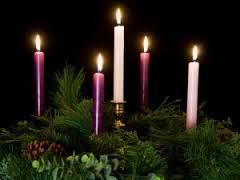
We now find ourselves in the Season of Advent. Two major aspects of Advent deal with the topics of “light” and “time.” This is optically represented by The Advent Wreath and its candles. Each week (representing time), a new candle is lit which correspondingly adds more light, which represents “The one who is the true light, who gives light to everyone, was coming into the world.” (John 1:9)
As I mentioned in last week’s post, I am currently reading George Weigel‘s book Evangelical Catholicism, Deep Reform in the 21st Century Church. I highly recommend this book if you want to have a good 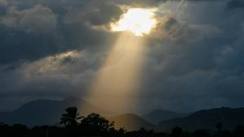 understanding of where the Catholic Church was over the past 150 years, where the reform of the Church began (Hint: it was not Vatican II), what were the cataclysmic events that intersected Vatican II and how it has impacted us today. This forms the basis of part 1 of the book. Part 2 looks at what must be done in the future for the Church to really grow and thrive, especially in the developed countries. Weigel offers ideas of specific reforms in the areas of:
understanding of where the Catholic Church was over the past 150 years, where the reform of the Church began (Hint: it was not Vatican II), what were the cataclysmic events that intersected Vatican II and how it has impacted us today. This forms the basis of part 1 of the book. Part 2 looks at what must be done in the future for the Church to really grow and thrive, especially in the developed countries. Weigel offers ideas of specific reforms in the areas of:
- The Episcopate,
- The priesthood, Consecrated life,
- Labor and economics,
- The Church’s intellectual life,
- The Church’s public policy advocacy, and ..
- The Papacy.
Take a look at it, I think you will be impressed and edified.
Now, in terms of the subject of “time,” Weigel says that Catholics need to be people who “live in a different ‘time zone.’” One suggestion that Weigel mentions to accomplish this is the elimination of the concept of “Ordinary Time” (the liturgical season we just completed) and the restoration of “Sundays after Epiphany” and “Sundays after Pentecost.” He states:
The sanctification of time is an ancient challenge for the church. One of the first communities of Christian converts had to be admonished by St. Paul for its quick return to the observation of secular ‘days, and months, and seasons, and years’ (Galatians 4:10), all of which harkened back to the slavish worship of false gods.” In this regard (referring back to having MORE – and not less – “Holy Days of Obligation”) obligatory celebration of solemnities during the week give us a special opportunity for prayer and the development of a counter-cultural lifestyle.
Are we “slaves” to the “tyranny of time?” What rules our lives - the Bible or Google Calendar? Is worship just “too inconvenient?” If the “youth” of the parish are so important, what messages are we adults/parents sending our young people concerning how we spend our time and what does that say about what is a priority in our lives? Weigel closes:
It is not just an ancient challenge for the church. It is a relevant challenge to contemporary Catholics as well. A church that accommodates its liturgical calendar to the imperialism of a secular orientation (often from a misguided sense of “pastoral sensitivity”) is a church prepared to make other concessions to the demand of the ambient culture. A church that lives counterculture only with its own temporal rhythms is a church that can say to that culture, with the apostle to the Gentiles, “and now I will show you a still more excellent way.” (I Corinthians 12:31b)
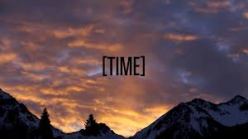
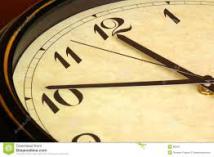
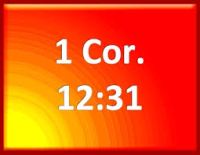



I wish there were more Perpetual Eucahristic Adoration chapels -in every diosese and city. It is an escape from the hectic society we live in and an awesome way to spend time with the most reatest gift on earth…the Blessed Sacrament exposed for all of us to Adore.
That oasis of quiet is so necessary. Most people say they dont of cant find the time. Once you get used to it though, youre looking to get back to it all the time